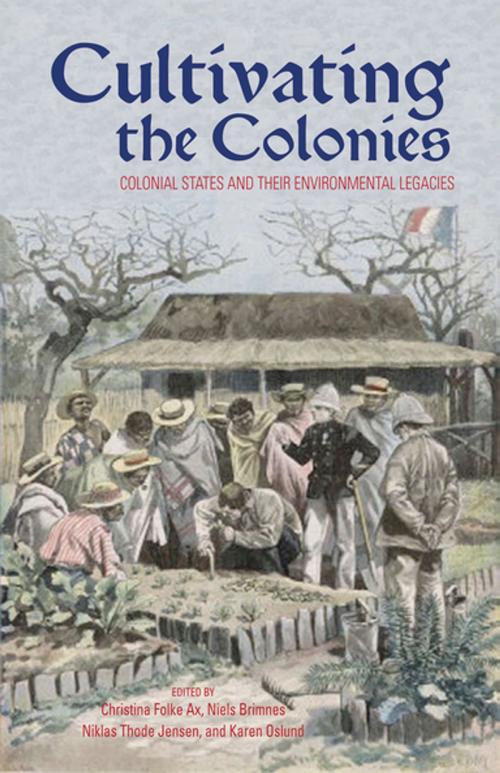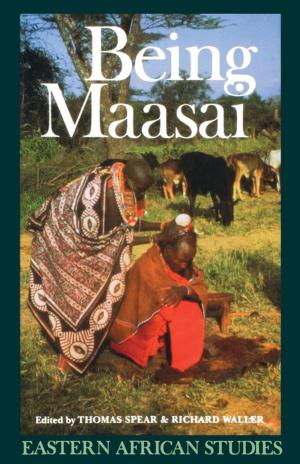Cultivating the Colonies
Colonial States and their Environmental Legacies
Nonfiction, History, World History, Social & Cultural Studies, Political Science| Author: | ISBN: | 9780896804791 | |
| Publisher: | Ohio University Press | Publication: | June 16, 2014 |
| Imprint: | Ohio University Press | Language: | English |
| Author: | |
| ISBN: | 9780896804791 |
| Publisher: | Ohio University Press |
| Publication: | June 16, 2014 |
| Imprint: | Ohio University Press |
| Language: | English |
The essays collected in Cultivating the Colonies demonstrate how the relationship between colonial power and nature reveals the nature of power. Each essay explores how colonial governments translated ideas about the management of exotic nature and foreign people into practice, and how they literally “got their hands dirty” in the business of empire.
The eleven essays include studies of animal husbandry in the Philippines, farming in Indochina, and indigenous medicine in India. They are global in scope, ranging from the Russian North to Mozambique, examining the consequences of colonialism on nature, including its impact on animals, fisheries, farmlands, medical practices, and even the diets of indigenous people.
Cultivating the Colonies establishes beyond all possible doubt the importance of the environment as a locus for studying the power of the colonial state.
The essays collected in Cultivating the Colonies demonstrate how the relationship between colonial power and nature reveals the nature of power. Each essay explores how colonial governments translated ideas about the management of exotic nature and foreign people into practice, and how they literally “got their hands dirty” in the business of empire.
The eleven essays include studies of animal husbandry in the Philippines, farming in Indochina, and indigenous medicine in India. They are global in scope, ranging from the Russian North to Mozambique, examining the consequences of colonialism on nature, including its impact on animals, fisheries, farmlands, medical practices, and even the diets of indigenous people.
Cultivating the Colonies establishes beyond all possible doubt the importance of the environment as a locus for studying the power of the colonial state.















